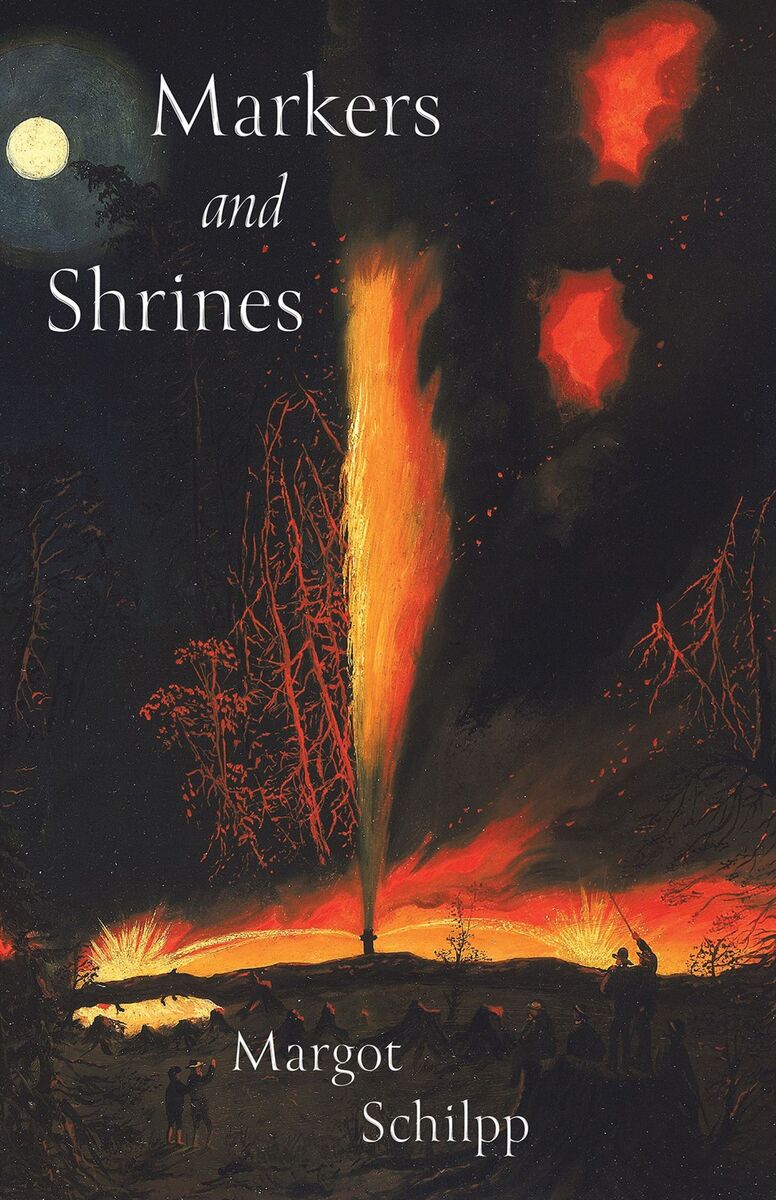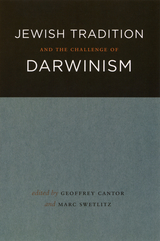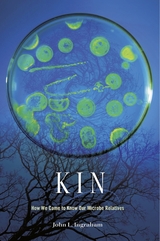Markers and Shrines
Carnegie Mellon University Press, 2025
Paper: 978-0-88748-716-3
See other books on: Markers | Poetry | Shrines | Women Authors
See other titles from Carnegie Mellon University Press
Paper: 978-0-88748-716-3
ABOUT THIS BOOK | AUTHOR BIOGRAPHY | REVIEWS | TOC
ABOUT THIS BOOK
A poetic exploration of how we carry the past forward: reshaped but never broken.
In Markers and Shrines, Margot Schilpp traces the moments that define us—the losses that strip away our former selves and the resilience that emerges in their wake. These poems illuminate the way the past etches itself onto the future, displaying how experience, no matter how painful, strengthens and redefines us.
With lyrical precision and a musician’s ear for language, Schilpp crafts a world where memory lingers and meaning deepens. Her unembellished eloquence and eye for striking detail turn the everyday into something enlightening, reminding us that even in loss, there is beauty. Markers and Shrines is a reflection on survival and the unseen forces that shape who we become.
In Markers and Shrines, Margot Schilpp traces the moments that define us—the losses that strip away our former selves and the resilience that emerges in their wake. These poems illuminate the way the past etches itself onto the future, displaying how experience, no matter how painful, strengthens and redefines us.
With lyrical precision and a musician’s ear for language, Schilpp crafts a world where memory lingers and meaning deepens. Her unembellished eloquence and eye for striking detail turn the everyday into something enlightening, reminding us that even in loss, there is beauty. Markers and Shrines is a reflection on survival and the unseen forces that shape who we become.
See other books on: Markers | Poetry | Shrines | Women Authors
See other titles from Carnegie Mellon University Press












